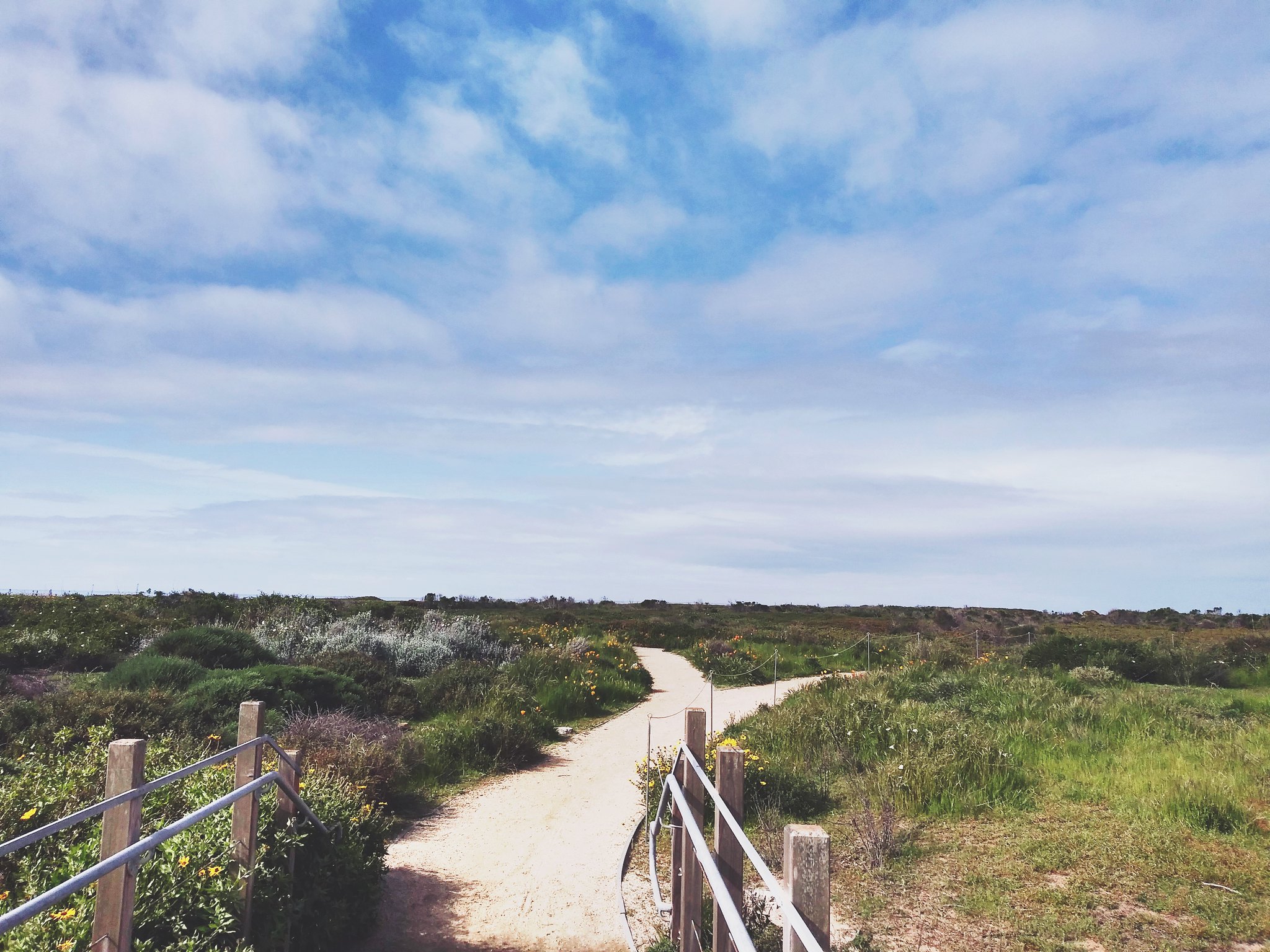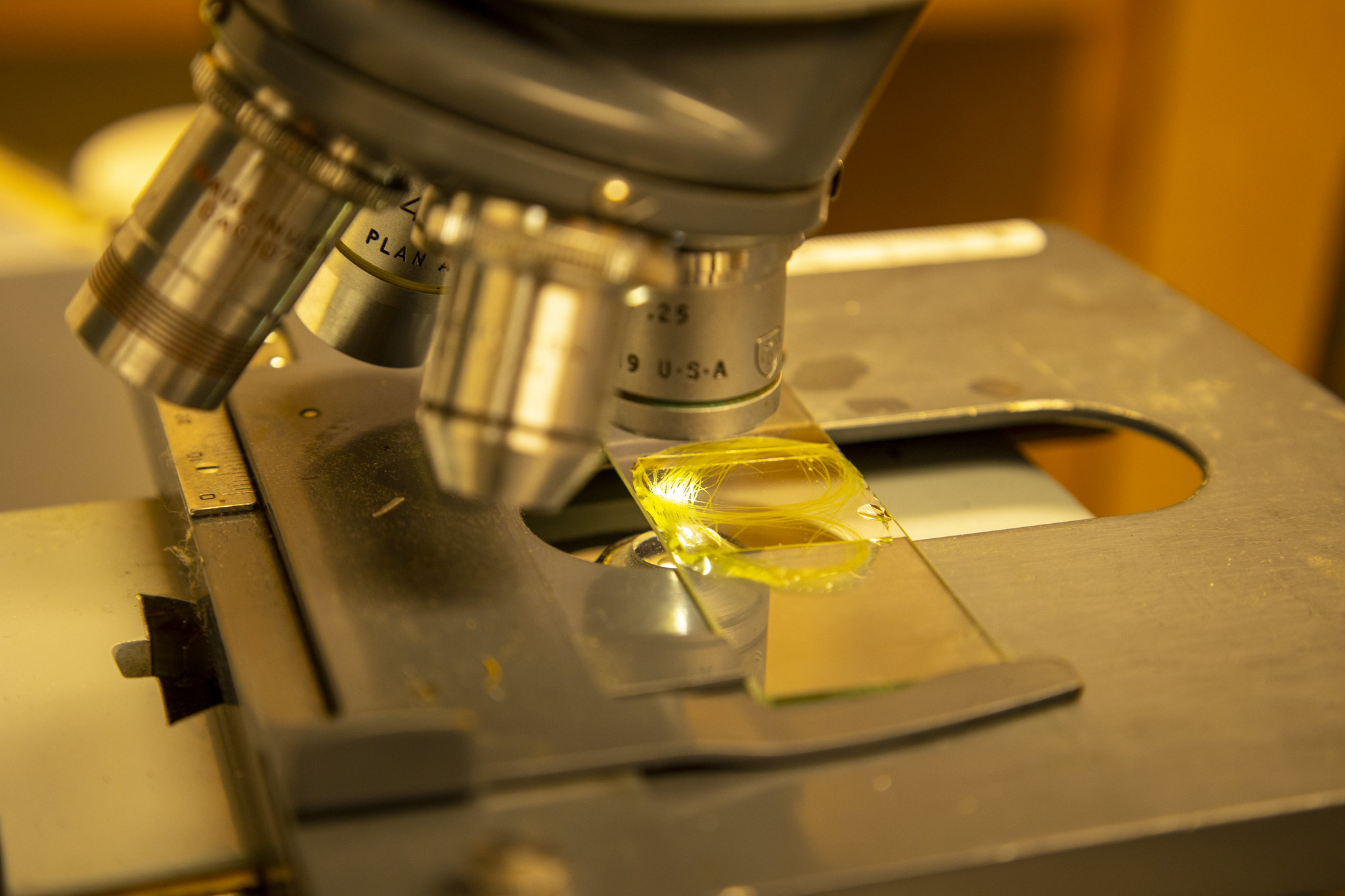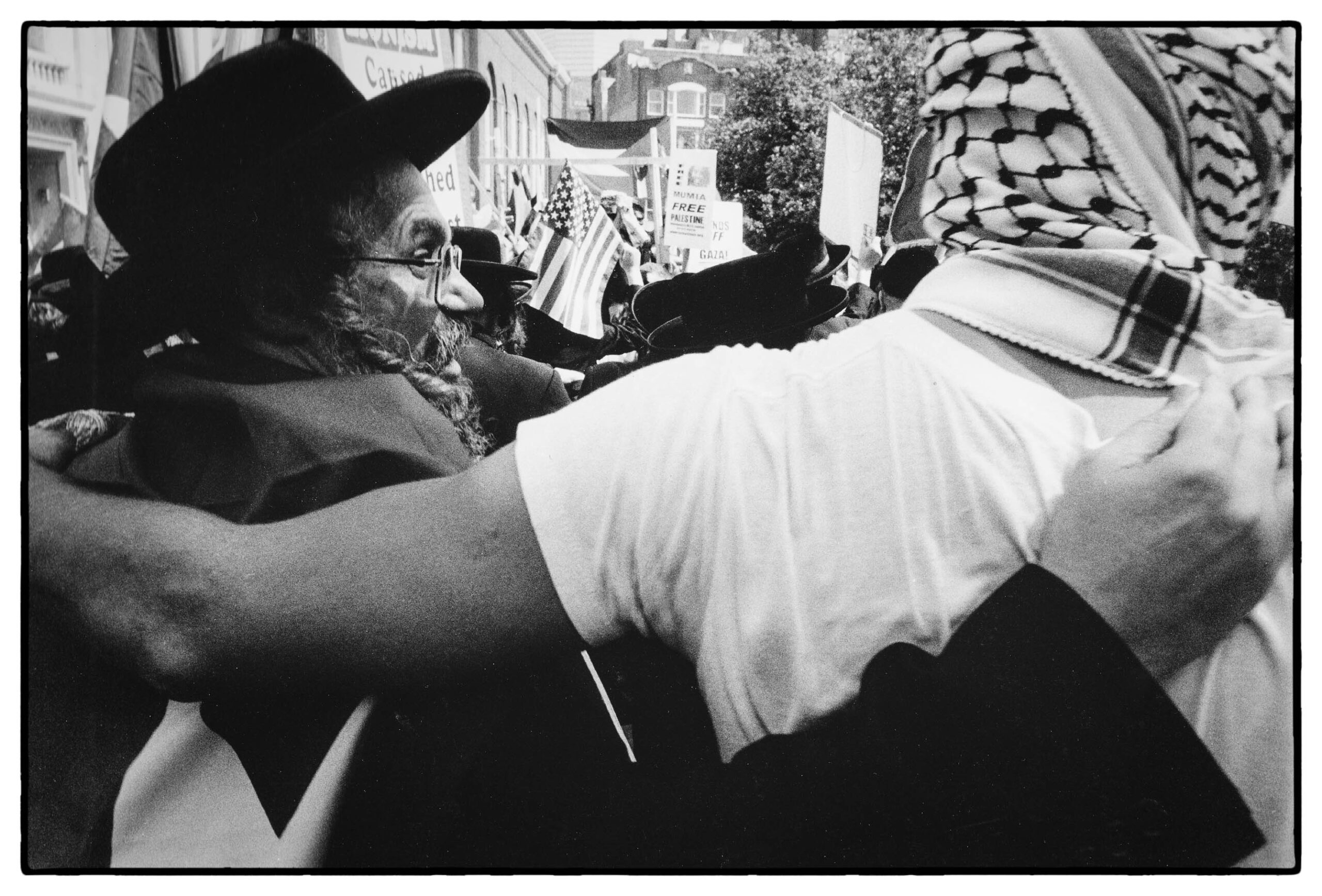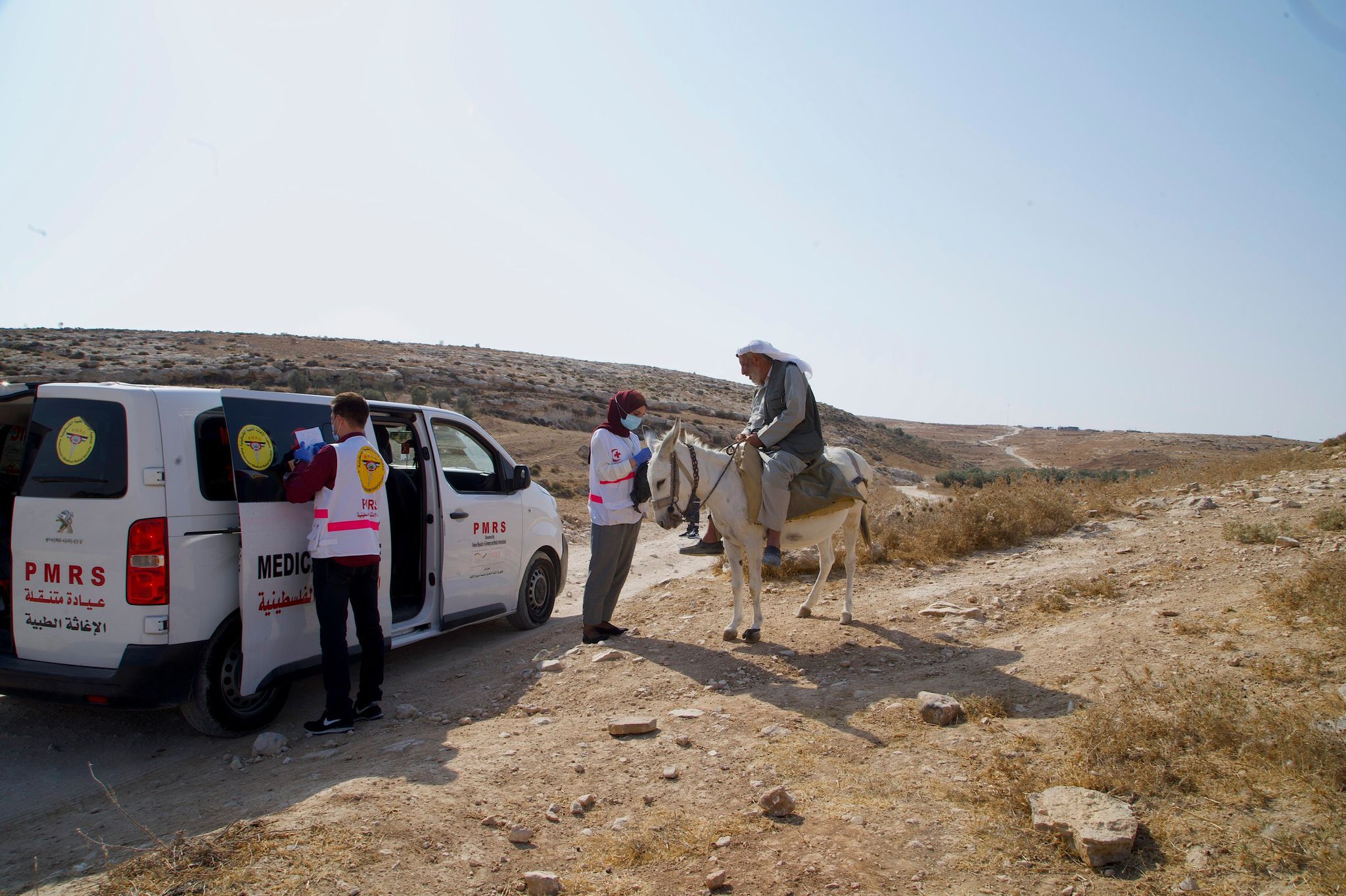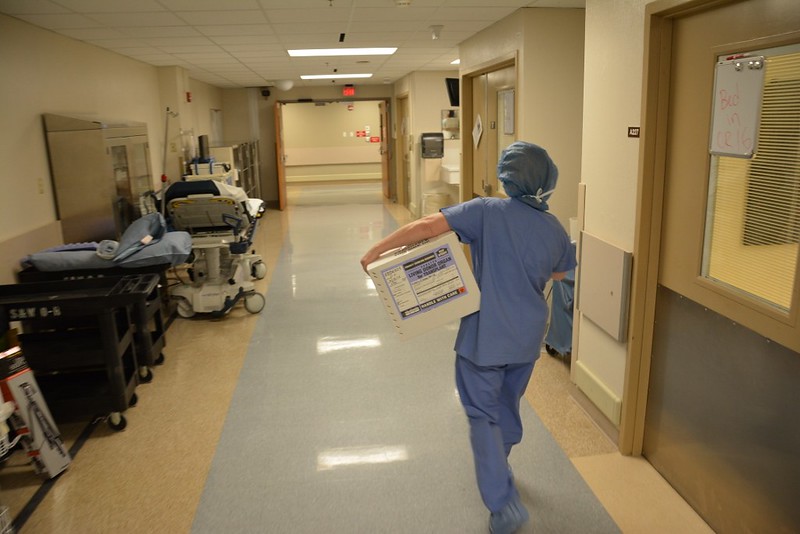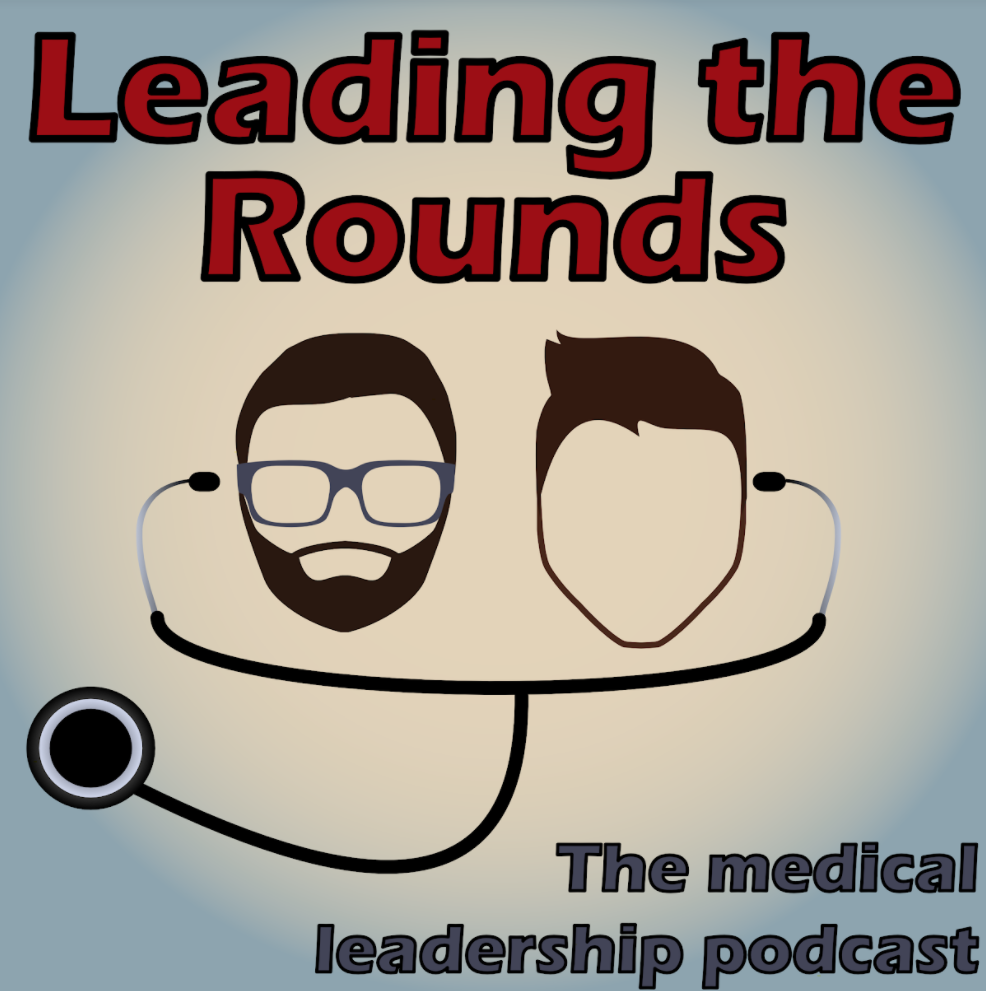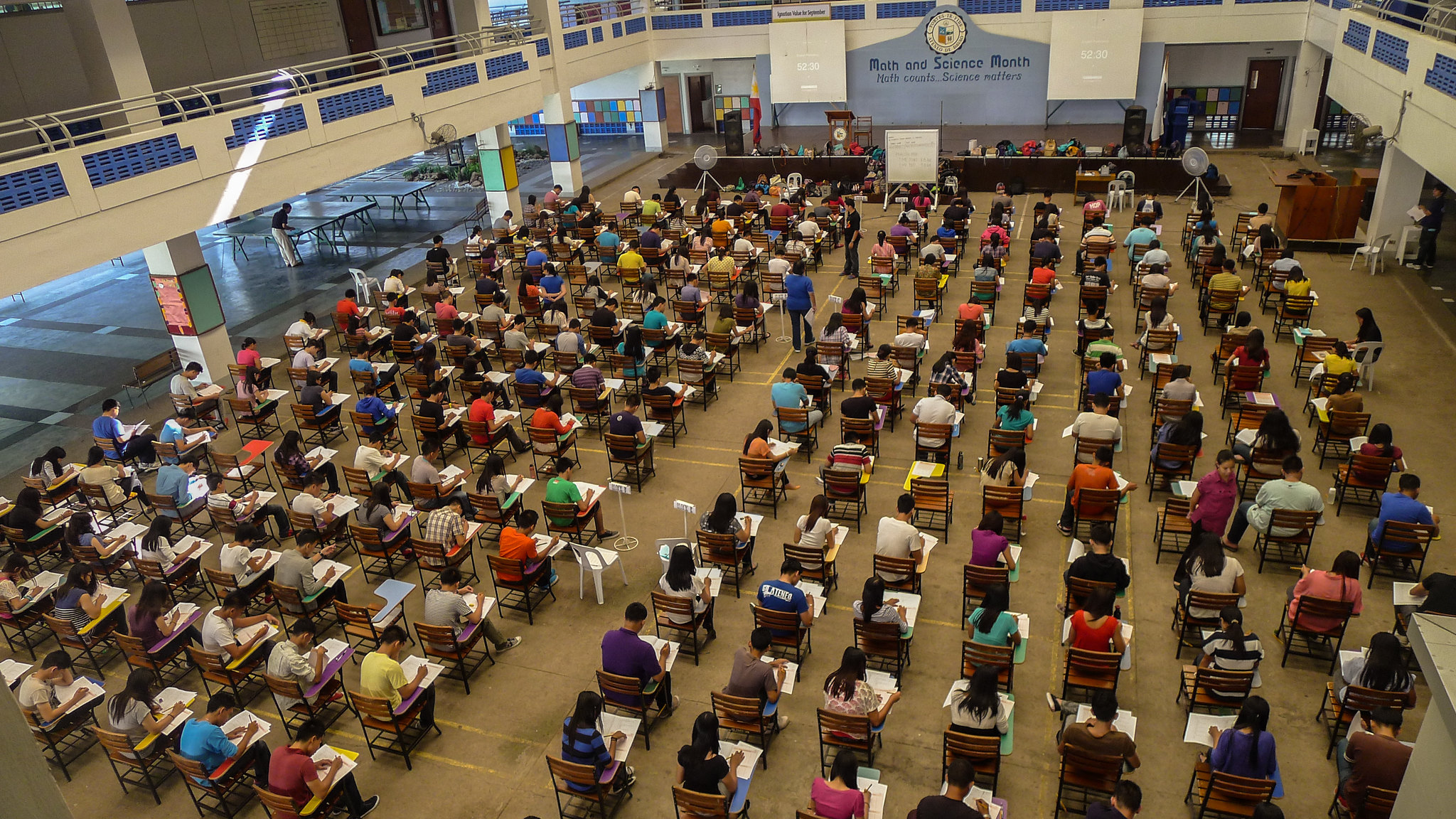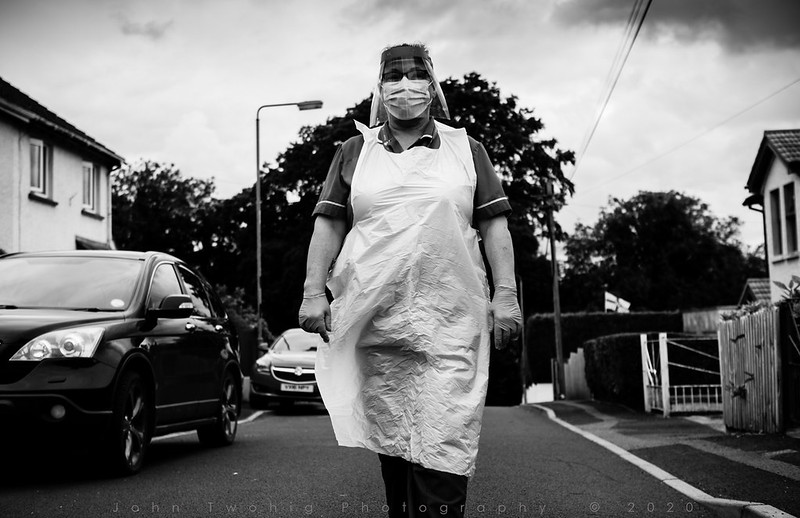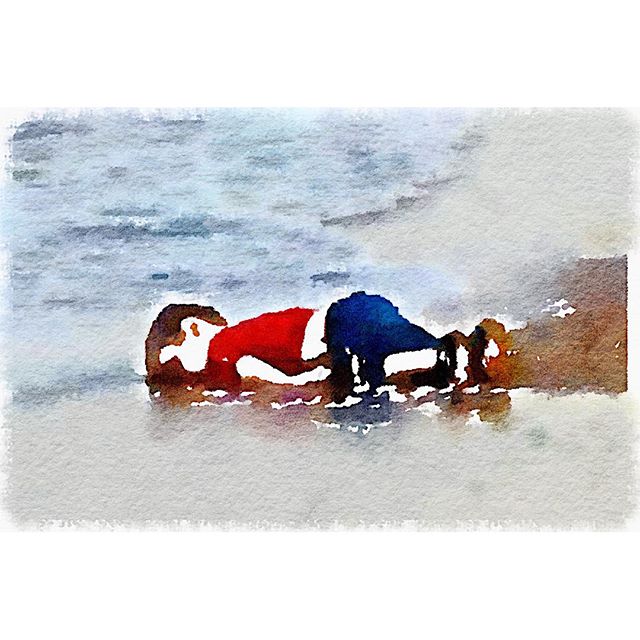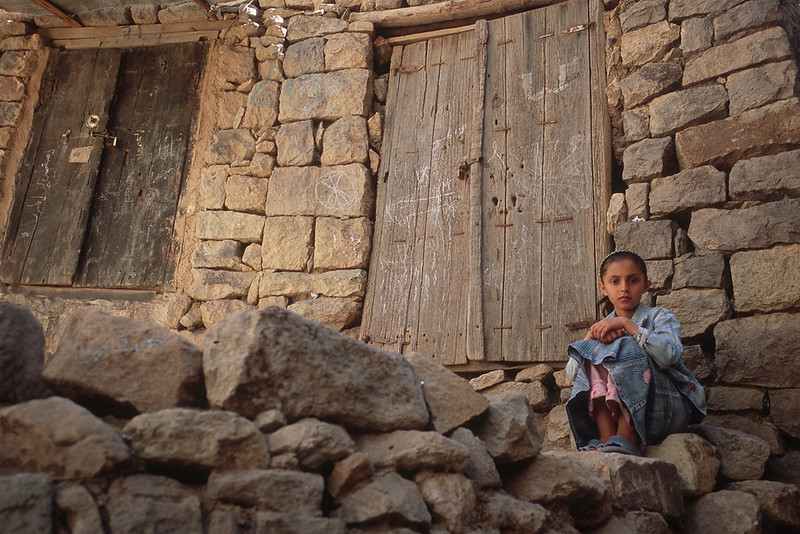The road less travelled
“Two roads diverged in a wood and I- I took the one less traveled by, And that has made all the difference.” ‘The Road not Taken’ by Robert Frost. ‘The Road not Taken’ is a poem by Robert Frost, where he talks about the impact of making different choices. The poem has stuck with me as I believe it resonates with my choice to specialize in family medicine – unknown to more than half of …

